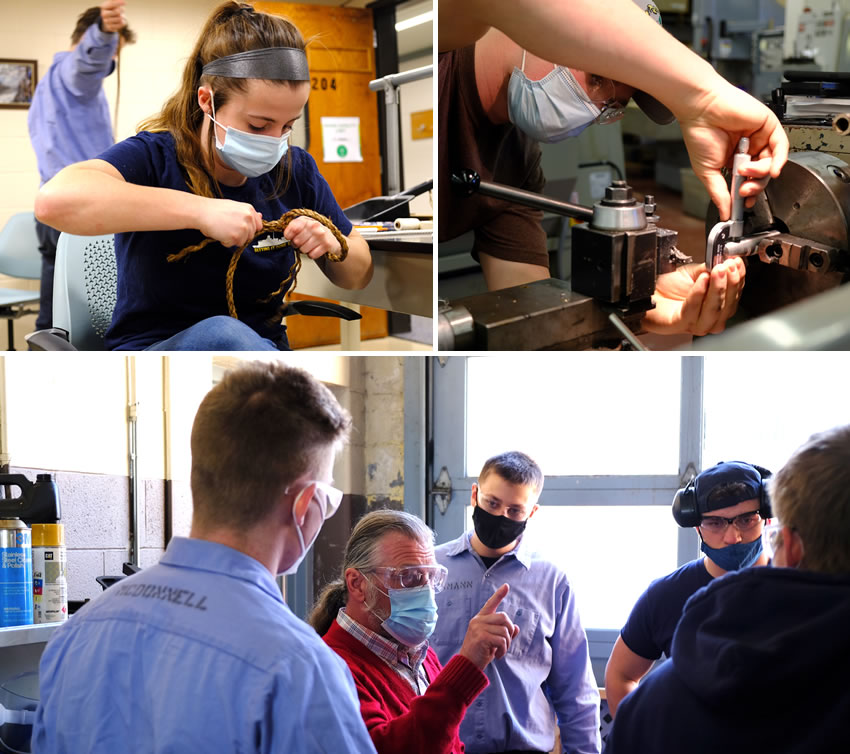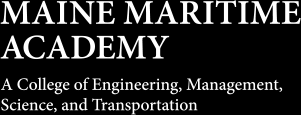Spring Semester
Lessons learned guide programming.
planning for the spring semester included several changes from the fall semester based on lessons learned about the COVID-19 virus and student behaviors. Given the post-Thanksgiving spike in cases, we anticipated a similar post-Christmas rise, and thus decided to begin the spring semester with two weeks of remote learning, followed by a transition week for students to return to campus, participate in entry testing for COVID, and quarantine on campus until results were received.
On-campus instruction began on February 1. Indeed, several students tested positive in the pre-arrival testing process and stayed home for their isolation period. We had four students who tested positive in the entry process, and several others since then. We expect to have a small number of active cases throughout the semester, given the much higher number of cases in the state as compared to the fall. We increased our capacity for quarantine housing on campus and thus can handle this situation at present without having to pivot to remote learning. In addition to budgeting for a higher level of surveillance testing throughout the semester, we are purchasing an antigen test system as an option to expand surveillance testing at a lower cost than PCR tests.

The Campus Activities Board (CAB) began virtual programming on the first day of classes in January. Students can engage in an in-person, hybrid, or completely virtual event almost every night of the week. Planning is underway for a few small travel activities to get students outside and off-campus for skiing, skating, or winter hiking.█
—By Elizabeth A. True, Vice President for Student Affairs and Enrollment Management
Photos: Billy R. Sims




Post Comment
Comments are moderated and will be reviewed prior to posting online. Please be aware that when you submit a comment, you agree to the following rules:
Maine Maritime Academy reserves the right to delete any comment that does not comply with these guidelines and is not responsible or liable in any way for comments posted by its users. If you have a message for the editor, please email mariner@mma.edu.
Campus Currents
View All >Read More
Read More
Read More